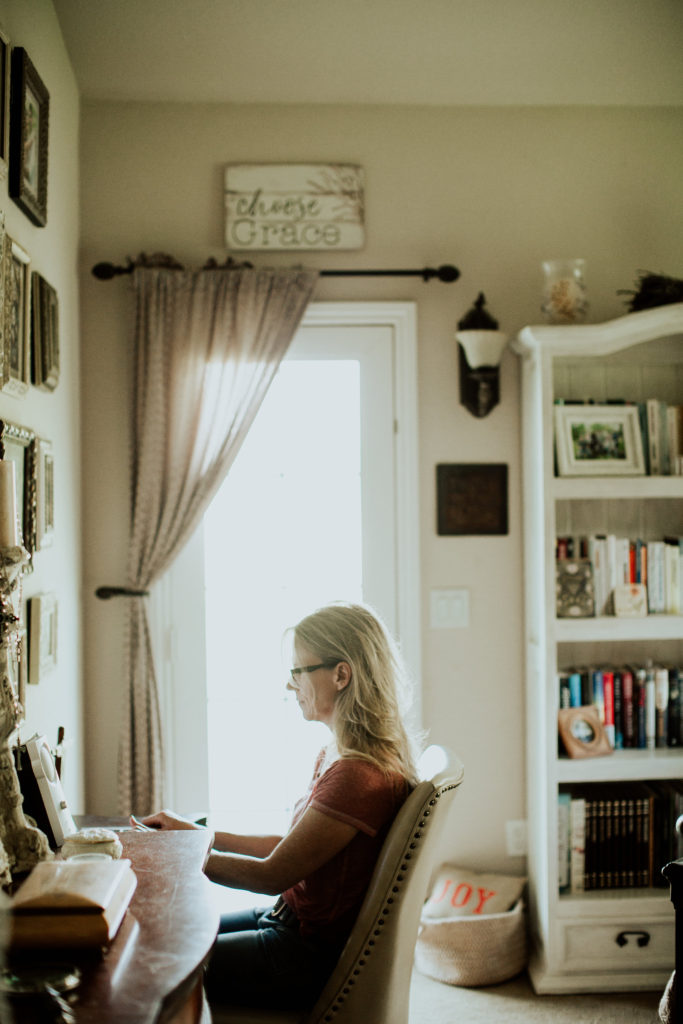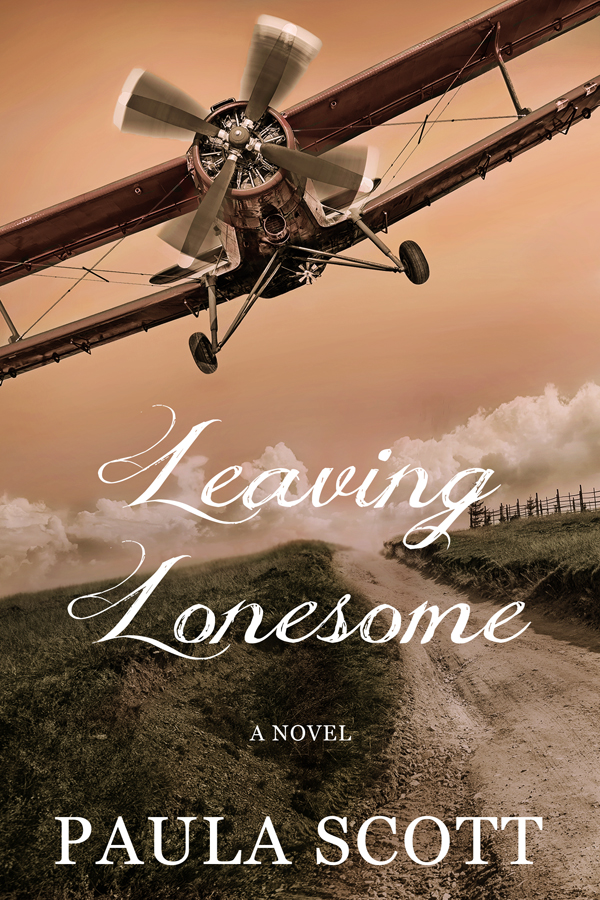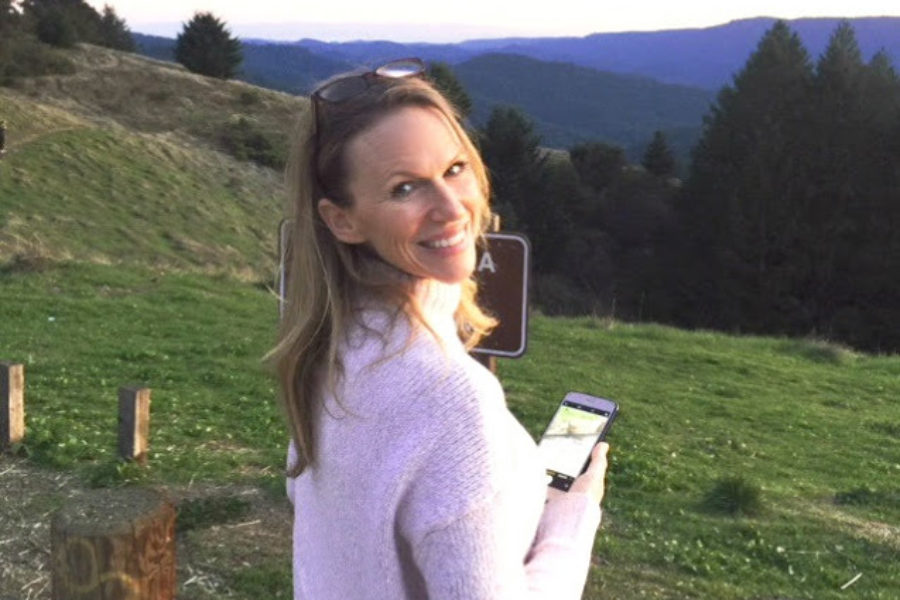My first attempt at a novel, I wrote on a little Smith Corona typewriter. It was a very noisy contraption and drove Scott crazy our first year of marriage. He was in flight school trying to study while I pounded on that typewriter well into the night in our studio apartment. Scott wore earplugs and did his best to ignore my late night writing adventures.
My first novel, Follow the West Wind, was a western romance Harlequin considered publishing when I was twenty-two years old. “But your outlaw hero is too mean,” said the editor who wrote me an encouraging rejection letter when they decided not to acquire the book. “You’re young. And a really good writer. Keep writing.”
And then I got pregnant and threw up night and day for nine months. Doctors put me on bedrest and threatened to put me in the hospital if I didn’t manage to keep some food down and gain weight. That was the end of my writing for a while.
After Cami was born, we moved to Germany and Scott got me my first laptop. It was used but I didn’t care. I sat at the kitchen table when Cami was in bed and began writing a new historical romance set in medieval Europe. Scott was gone a lot, flying along the German border on the tail end of the Cold War. I was growing more and more homesick during the long winter months in the middle of Germany. I was also having trouble researching the medieval era before the Internet came along. So I called my mom and dad and asked them to send me some California history books. I could take the story I was working on about a Protestant girl and a Catholic Spanish soldier and set it in 1840s California instead of Europe and tada Until the Day Breaks was born.
Then I got pregnant again and threw up a lot. Not as much as my first pregnancy, but no way could I write and take care of my busy toddler Cami and work on a book.
I finally finished that second novel once we moved back to California. Again I got some encouraging rejection letters from publishing houses I snail mailed the manuscript to. “You have a lot of talent. Keep writing,” I heard again and again. Which at the time was depressing. I wanted more than talent. I wanted to be a best-selling writer like Danielle Steel and Kathleen E. Woodiwiss, the authors I read.
After our second daughter, Lacy was born, I went to work for a local newspaper. I also went out on a limb and wrote a different kind of book. A bittersweet love story involving a Vietnam Vet and a woman crop-dusting pilot. I entered that book in a big writing contest and to my surprise and delight, I placed runner up and was sent to the writer’s conference where I met literary agents interested in representing me.
In the end, a big-time New York City literary agent offered me a contract and not only did he want to try to sell my books to publishers, he also had his eye on Hollywood. “This crop dusting book of yours would make a great movie. I’m going to get you a movie option. Let’s go after Julia Roberts film company,” said my agent, putting stars in my eyes.
My agent did get me that Hollywood movie option, but the movie was never made and the book never sold to New York publishers. You can read more about that time in my life in Farming Grace next month when it comes out on Amazon.

After I gave my life to Christ in 2000, I just couldn’t write anymore. I gave up on my author gig, grew my first garden, and had more babies. Then, a handful of years later, I felt God nudging me back into the writing game. I tried to pen my first Christian fiction novel, a murder mystery I titled: The Peach Orchard. My new Christian literary agent said, “Boy, you can write but I probably can’t sell this to Christian editors. It’s too edgy. Start working on sweeter books.”
So I rewrote Until the Day Breaks. That book was deemed too edgy too for Christian publishing. I was growing more and more discouraged trying to write Christian books and found myself pregnant again for the sixth time. After baby six came baby number seven. In between these two births I wrote The Mother Keeper. Christian editors showed a lot of interest in this novel, but in the end, they all deemed The Mother keeper too much for the Christian market.
“You need to give up on Christian publishing and just publish on Amazon,” Scott kept telling me. Your books are good but they don’t fit in the Christian box. Let’s get you out of that box”
I didn’t want to get out of the Christian box. I wanted to be published by a traditional Christian publishing house. “You need to stop writing these half secular, half Christian stories,” Christian editors told me. “Choose your market and focus on writing stories that fit into a genre.”
But I didn’t want to fit into a genre. Redemption stories made my heart pound. And I wasn’t going to write about sweet Christian characters. I’m sorry but real sinners are my favorite protagonists. Especially when God steps into their down and dirty lives and all hell breaks loose.
I’m sorry I don’t blog as often as I used to. I just don’t have time to do weekly blogs when I’m trying to finish books. After Farming Grace is wrapped up, I’ll be diving back into Leaving Lonesome. That story about the Vietnam Vet and the woman crop-dusting pilot. I still love this story set in 1972 Sutter County and look forward to sharing it with you in January 2020, God-willing. Thanks so much for hanging in there with me on this writing journey. I love you guys and I’m so grateful you like my books that don’t fit into a box.


4 Comments
Leave your reply.